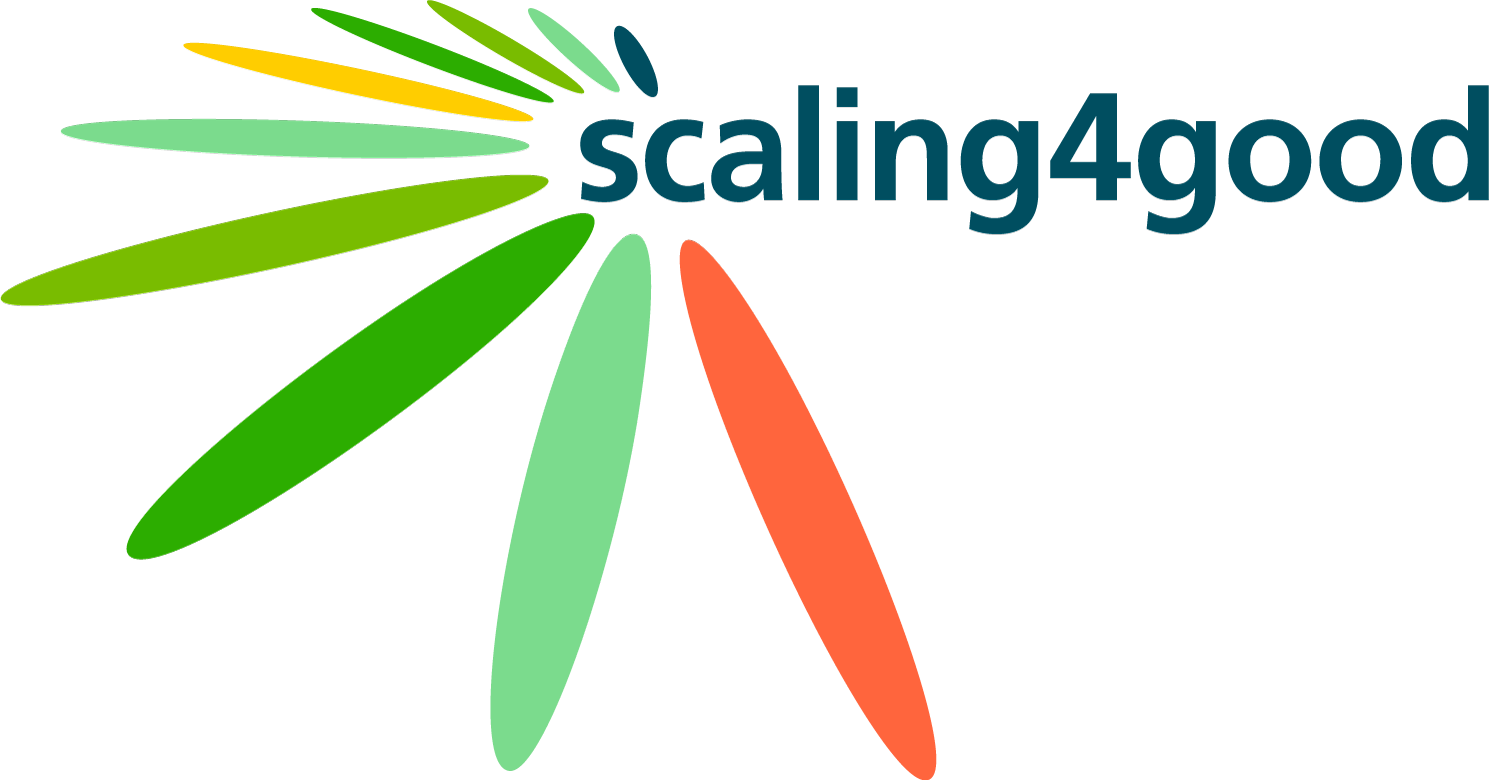The remarkable 2015 successes of the COP21 in Paris and of the adoption of the Sustainable Development Goals (SDG) by the United Nations are most welcome. They however cannot be considered as an end, but rather as the initial steps of a global plan of action to tackle the changes that threaten humanity.
Such a plan of action is not likely to be successful if merely implemented in a top-down manner by governments and international organisations. It needs to be supported by bottom-up action and to involve all those, citizens, businesses, local communities and authorities who have initiated, tested and demonstrated possible solutions grounded in their local realities.
Solutions exist
The good news is that many such solutions exist. Many of them have been developed in the past and remain available today. Many are also currently tested, often with success. Several examples can be provided which relate for instance to renewable energy, circular and sharing economy, emerging societal, economic and financial approaches, new food behaviours. Interestingly, many of these are also based on renewed values: sharing, open, sometimes not-for-profit and most of the time trying to connect the economy with the social and environmental preoccupations.
A critical issue today is to take stock of all these experiences, to connect them better and to bring them to scale. It may sound easy but it is not. One can observe in particular that:
- The visibility of these solutions beyond the local level is generally limited
- Their actual impact has not been assessed precisely
- What has made them a success has not been examined
- Their suitability and scalability to different contexts needs to be tested
- They need to be better connected and integrated with personal values, local communities and societal/political systems
Scaling is needed
So, how can we ensure the lessons learnt from successes and failures can be captured and shared in order to prevent doing the same errors and to accelerate the scaling of these solutions? Answering this key question is the raison-d’être of scaling4good. This blog intends first of all to be a platform to collect and share information on these lessons. Not to present local solutions and successes (although some case studies will be made available) but to understand how their scaling could be accelerated. We also wish to bring different discourses and views on these issues together.
In a first stage, we wish to mobilize a large range of actors in order to collect, analyse and share the lessons learnt from scaling initiatives already implemented. We are interested in understanding for instance:
- What are the key levers for successful scaling?
- How to ensure individual actors or institutions are empowered?
- What needs to be connected? Similar initiatives? Elements of value chains?
- How many nuclei are needed to accelerate transformations and at what scale?
- What transformational barriers need to be addressed in priority?
From these lessons learnt, we intend to co-develop and propose a framework for action in order to concretely test and implement scaling actions in a number of areas where transitions are needed to achieve the promises of the latest COP21 as well as those of the new SDG framework.
Ultimately, and depending on the results, we wish to actually test the implementation of this framework.
